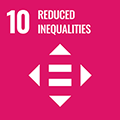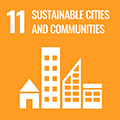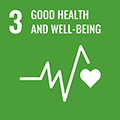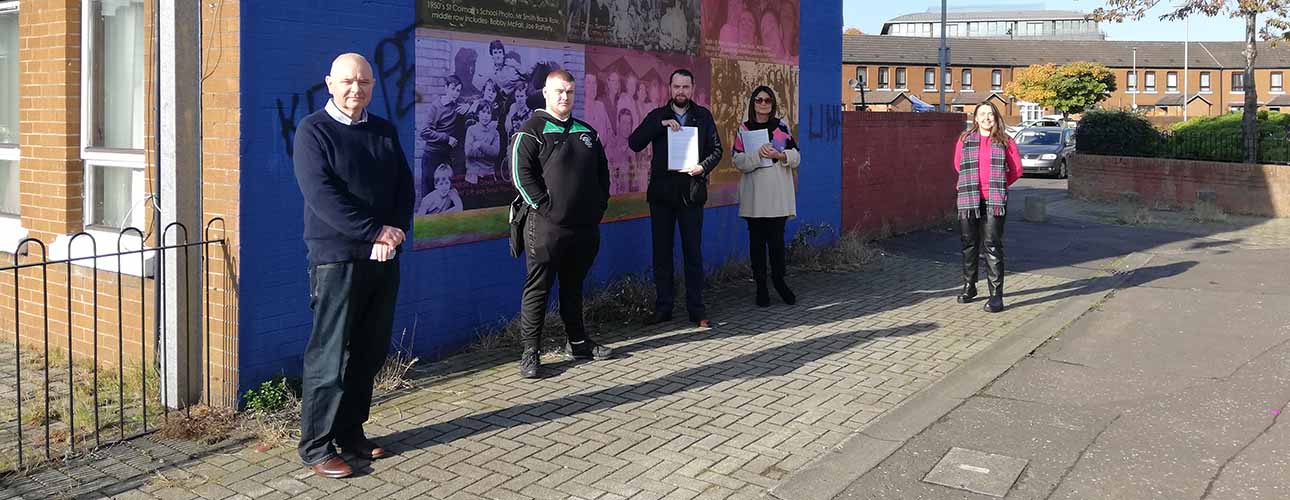The Queen’s Communities and Place (QCAP) initiative represents an innovative approach to university-community engagement. Launched in 2021, QCAP aligns with key policy priorities focused on area-based approaches to tackling deprivation. The initiative addresses persistent inequalities in local communities related to health, education, and the social economy. With a pilot focus on Belfast’s Market area, QCAP's place-based model reflects the academic and sectoral expertise of its growing team and the strategic vision of Queen’s University Belfast (QUB) in realizing higher education's potential to tackle complex local and societal challenges.
Research Challenge
Driving change through place-based initiatives
The primary research challenge QCAP addresses is the issue of persistent inequalities in disadvantaged communities, particularly in health, education, and the social economy. These inequalities are deeply rooted and multi-dimensional, demanding a comprehensive and collaborative approach that integrates research, policy, and practice. QCAP aims to bridge the gap between academic research and real-world community needs, using a place-based model to engage with local stakeholders and create sustainable, evidence-based solutions.
The pilot focus in the Market area of Belfast provided a microcosm of broader regional challenges, offering a testing ground for developing scalable and transferable interventions.
Our Approach
A Holistic approach in studying communities
Children's lives are shaped by complex ecologies in which a series of 'systems' (which include family, school, neighbourhood, social and cultural) interact in the context of place to directly and indirectly affect outcomes. Interventions that address only one aspect of these ecologies will have limited impact. By contrast, holistic, area-based approaches are required to make sustainable improvements to outcomes. The origins of this research emerged through engagement with the MDA on a community response to the Covid-19 crisis. Follow up engagement has broadened our research agenda to integrate pre-covid concerns identified by people in the Market community with other impact areas common to many communities and include education and employment opportunity, young people’s mental health and sustainable, economic development.
There are three programmes of research within QCAP:
Growing Up in the Market
This qualitative longitudinal study will capture the lived experience of children and young people from the Market community at key transition points through education to the labour market, highlighting key enablers and barriers affecting the routes followed and offer insights into potential interventions for change. This will provide deeper insight into processes that appear to promote sustainable positive change. Our focus on transitions is based on the principle that one route to better futures is through improved options – by enhancing enablers (e.g. professional leadership support) and mitigating barriers - at these key transition points.
Social Economies and Community Wealth
This programme focuses on the plural ownership of the economy; making financial power work for local places; fair employment and just labour markets; progressive procurement of goods and services; socially productive use of land and property assets; and locally owned economies that provide services and facilities. The programme broadens the role of universities as anchor institutions beyond employment, spending and procurement to evaluate their contribution to community wealth. We also see value, especially working with intermediaries, to explore the scale and impact of the social economy in a range of spatial contexts.
Knowledge Economy
The MDA have already engaged with several growth sectors and related labour markets, including multi-media, information technology and biotech, and are currently exploring the feasibility of working with key industry partners. The core aim of the Knowledge Economy Programme is to ensure the community can skilfully adapt and thrive in future economic realities.
‘Guided by our Social Charter we will commit the resources of the University to work in partnership to find lasting solutions that tackle disadvantage and improve outcomes for children, young people and communities.’
What impact did it make?
Evidence based solutions for timely interventions
Since its inception, QCAP has delivered tangible impacts across multiple domains:
-
Communities and Place: Through partnerships with organisations like the Market Development Association (MDA), QCAP has co-created solutions to local issues, producing policy-relevant outputs such as peer-reviewed publications, evaluation reports, and advisory papers. Evidence-informed programs like the Community Substance Use Programme showcase QCAP’s ability to translate research into actionable community work.
-
Economic and Social Impact: The initiative has facilitated over £11 million in community investment through social return methodologies, enhancing local infrastructure and community-driven projects, particularly in housing and heritage preservation.
-
Education and Networks: QCAP coordinates local school networks in South Belfast and Greater Shankill, contributing to professional development and policy reform in the education sector. Its collaborations with organisations like Development Trusts Northern Ireland help advocate for progressive policies in areas like Community Wealth Building and Community-led Housing.
-
Policy Influence: QCAP has secured over £3 million in competitive research funding and plays an influential role in local policy innovation through its participation in groups like the Northern Ireland People and Place Review and the Ministerial Advisory Panel for Community Wealth Building.
Strategic Outlook and Policy Implications
Over the next four years, QCAP aims to further establish itself as a sector leader in university-community engagement. The initiative seeks to expand its place-based model across Northern Ireland, providing an evidence base for tackling area-based deprivation. QCAP also aims to enhance its international collaborations and secure additional research funding, ensuring its continued alignment with social impact priorities and contributing to QUB’s civic mission outlined in the Strategy 2030. By sharing best practices with global partners and benchmarking its work against international standards, QCAP is positioned to inform higher education policy on translating and evaluating the civic mission from theory into practice.
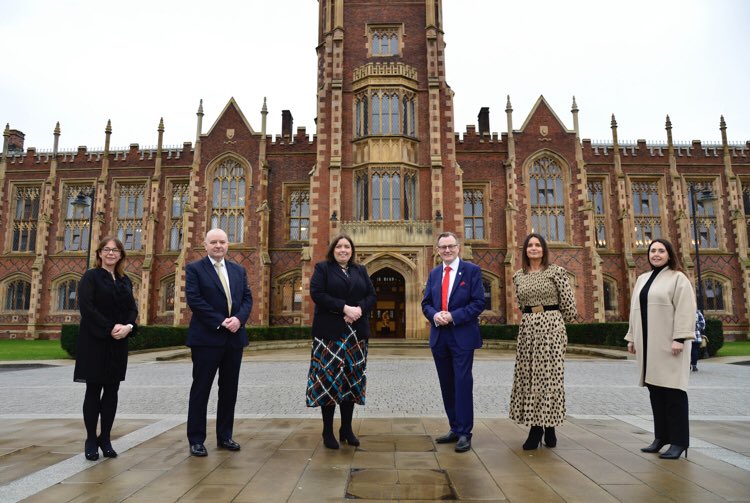
Our impact
Impact related to the UN Sustainable Development Goals
Learn more about Queen’s University’s commitment to nurturing a culture of sustainability and achieving the Sustainable Development Goals (SDGs) through research and education.
